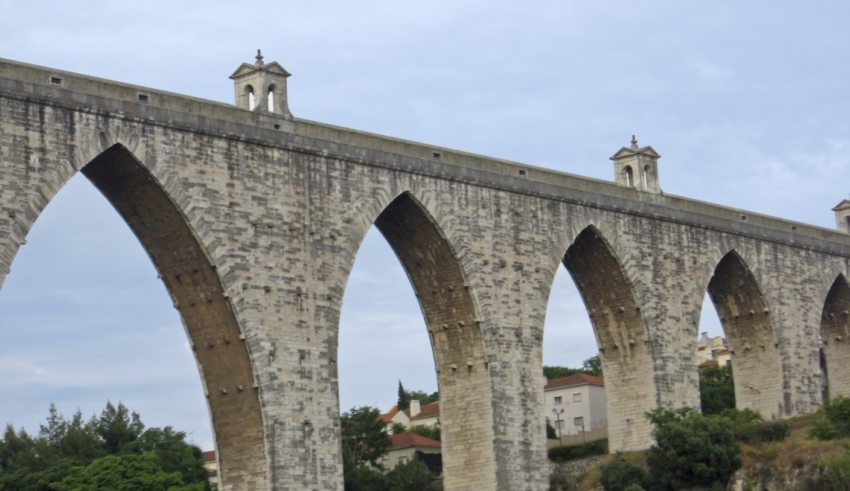
Does this story of frontier town development ring true regarding the history of professional coaching as a new human service field? I would suggest that there is some alignment—especially as I review the remarkable history of coaching offered by my colleague, Vikki Brock (2012). There are the explorers (people like Galway, Erhard and Olalla) who were tinkering with some new ideas about how best to serve other people. They often brought in ideas and practices from various fields, disciplines and even religions (such as transpersonal and cognitive behavioral therapy, analytic philosophy and Buddhism). Pioneers can be found among the women and men (such as Thomas Leonard and Laura Whitworth) who established the first practices that could be called “coaching.”
The early settlers (such as my colleagues, Agnes Mura and Jeannine Sandstrom) were those who built the field’s credibility and helped to found the first “trade” organizations (such as ICF, the Worldwide Association of Business Coaches and, for a short period of time, the International Consortium for Coaching in Organizations). Late settlers included those who built ICF into a formable institution with extensive guidelines and levels of credentialing, as well as the big organizations such as WBECS that are now fully engaged in the marketing of coaching services. These settlers have also built complementary associations such as the Association of Coach Training Organizations and the Graduate School Association of Coaching. The professional coaching town is becoming a small city and appears to be well-established and here to stay.
We might now ask: are the explorers and pioneers going to hang around and become “citified” or will they move on to other ventures—or have many of them already left? What role will they play if they do hang around? As I mentioned earlier, these early-arriving coaches will probably not be very effective as town officers, judges or formal instructors. Perhaps their primary role is to provide what Talcott Parsons (1955) called the maintenance of latent patterns in this community. The important question to ask might be: what will be lost if this “pioneering spirit” is no longer present in the professional coaching field? Is my push for a “culture of evidence” hammering a nail in the coffin of this pioneering culture? Am I pushing for too much respectability? Perhaps, my advocating for a more global dialogue is a counter-balancing plea to keep the pioneering spirit alive. With this expansion of boundaries, we are likely to find some fresh air (perhaps a minor hurricane) blowing through the town from other regions of the world. This gentle (or not-so-gentle) breeze might convey new ideas, provoke dialogue, and create a bit of town-unbuilding.
















